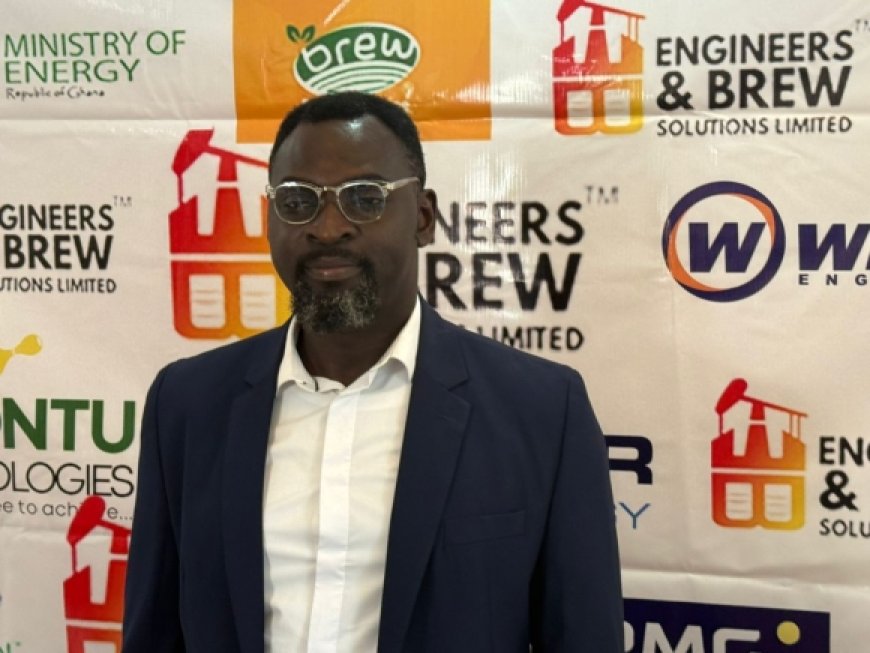Ghana’s Oil & Gas Sector Faces $20M Annual Losses Due To Metering Inaccuracies

Ghana’s oil and gas industry is haemorrhaging approximately $20 million annually due to minor inaccuracies in hydrocarbon measurement, experts revealed at the inaugural Oil and Gas Measurement and Metering Summit in Accra. The disclosure has reignited calls for urgent reforms in the country’s energy measurement infrastructure. Industry players sounded the alarm over what they described as systemic revenue leakage caused by outdated metering systems and inadequate oversight.
George Nii Tettey, a Measurement Engineer, presented sobering calculations showing how a mere one per cent measurement error in a standard 100,000-barrel-per-day oil field results in daily losses of 1,000 barrels. At current prices, this tiny decimal point discrepancy bleeds our nation of $20 million every year – funds that could transform communities or fund critical infrastructure, Tettey told attendees. The summit exposed troubling gaps in Ghana’s monitoring capabilities, with Emmanuel Kwesi Bedzrah, Chair of Parliament’s Energy Select Committee, revealing that some international oil companies operate without independent measurement verification.
When producers become sole judges of their own output, with only Customs officials present and no government measurement equipment, we’re essentially trusting foxes to guard the henhouse, Bedzrah stated bluntly. His comments followed recent parliamentary scrutiny of discrepancies in reported production figures. In response to these challenges, the Petroleum Hub Development Corporation announced ambitious plans to implement tamper-proof digital metering systems at Ghana’s upcoming Petroleum Hub. Deputy CEO Onasis Rosely pledged to set new standards for transparency in hydrocarbon measurement, vowing that the facility would incorporate cutting-edge monitoring technologies from its inception.
The gathering saw unanimous calls for greater involvement of Ghanaian engineers in measurement processes. Reynolds Brew, the CEO of Engineers and Brew, challenged the sector to break its reliance on foreign expertise, asking, Why are we outsourcing what our local talent can master? His sentiment was echoed by multiple speakers who stressed the need for investment in advanced technologies like artificial intelligence and blockchain to minimise human error in measurement.
Experts proposed concrete solutions including infrastructure modernisation, specialised training programs for measurement auditors, stronger regulatory enforcement, and the establishment of Ghana as Africa’s benchmark for hydrocarbon measurement standards. Tettey issued a final warning to stakeholders: In an industry where billions hinge on decimal places, ‘close enough’ measurements are economic sabotage. The world is watching whether Ghana will lead or bleed. As the summit concluded, participants agreed to form working groups to implement the proposed reforms, with many expressing hope that this gathering would mark a turning point in how Ghana measures and manages its precious hydrocarbon resources.







